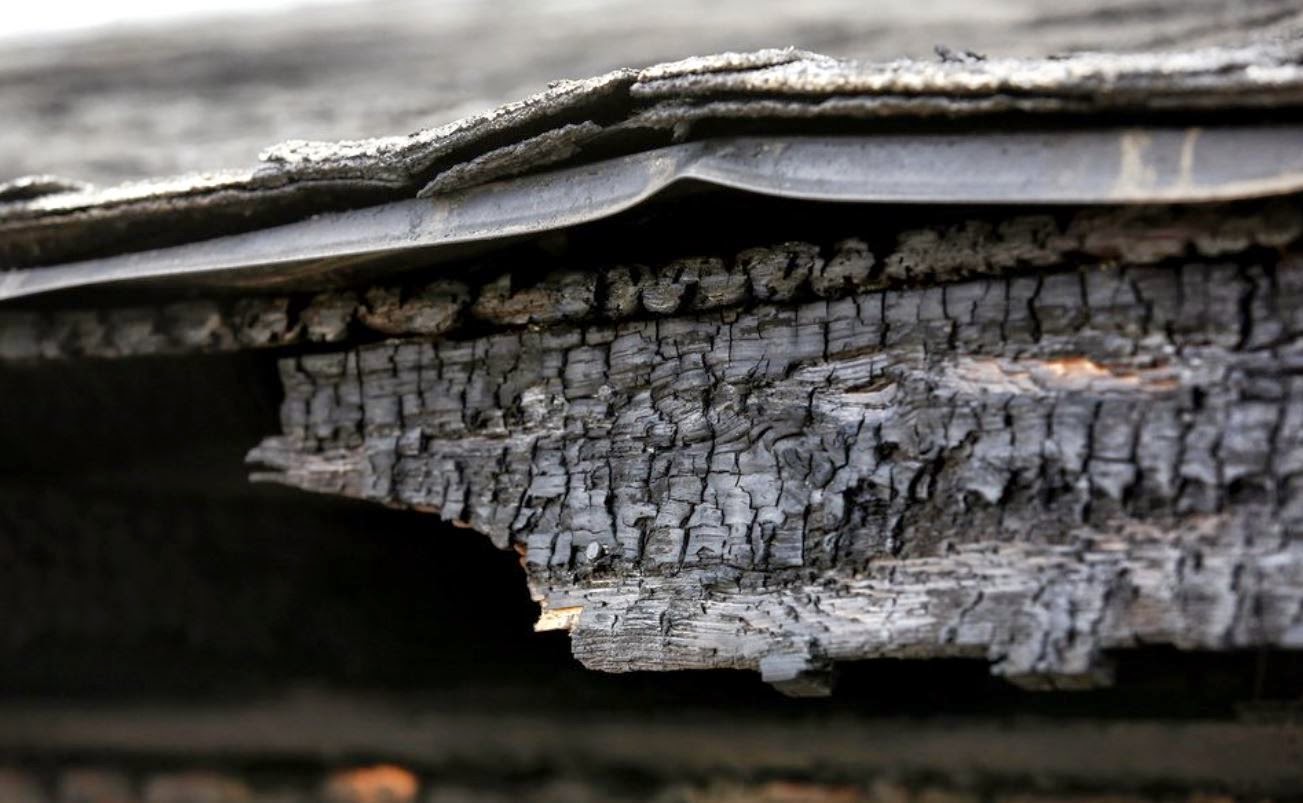FIRES SPIKE
DURING WINTER MONTHS. MOST OF THE SPIKE
IN WINTER HOME FIRES START FROM HEAT SOURCES LIKE SPACE HEATERS OR FIREPLACES. OVERLOADING OF ELECTRIC CIRCUITS IS A THIRD LEADING CAUSE OF FIRES DURING WINTER MONTHS.
Midwest City firefighters battle a recent house fire. Photo provided by the
Midwest City Fire Department
January 17, 2015
MIDWEST CITY —OKLAHOMA
Midwest City, Oklahoma, fire crews have battled more
than 10 fires in the first weeks of January, a number more than four times the
average. Authorities ask residents to be vigilant with heat sources and
electrical circuits.
Authorities are asking residents here to be especially
vigilant this winter as an unusually high number of fires caused hundreds of
thousands of dollars in damage in early January.
In the first two weeks of January, Midwest City fire
crews responded to 10 blazes — more than four times the average of the past
decade.
Midwest City’s response area is only 26 square miles,
and fire department spokesman David Richardson said the city usually sees
between two and four fires in early January. The average is 2.6 fires during
that period of time.
“This is really an unusual string of fires,” Richardson
said.
Though no one was injured, the fires caused about
$500,000 in damage and displaced several families.
Most of the fires started from heat sources like space
heaters or fireplaces. That is a common occurrence during winter months,
Richardson said.
Richardson said those heating sources are normally safe
but can become a hazard if not used properly.
When it comes to space heaters, Richardson said people
should not hook them up to extension cords and should keep clothes and blankets
away while they’re on.
“If you add an extension cord and leave clothes lying on
top of that cord, it can cause them to heat up and catch fire,” Richardson
said. “Also, people need to be careful about overloading electrical circuits.”
The other heating element that can be risky is a
fireplace that has not been cleaned recently. Fireplaces should be cleaned and
inspected before they’re used to heat a home, Richardson said.
But the most important precaution to keep families safe
is having working smoke detectors. Several of the homes that burned in early
January did not have working smoke detectors. Still, the occupants were able to
escape unharmed.
Richardson said because these fires often happen late at
night or early in the morning, smoke detectors can give the occupants an early
warning that something is wrong.
“When it happens when you’re asleep, you might be in
trouble,” Richardson said. “Most people die from smoke, not flames.”


